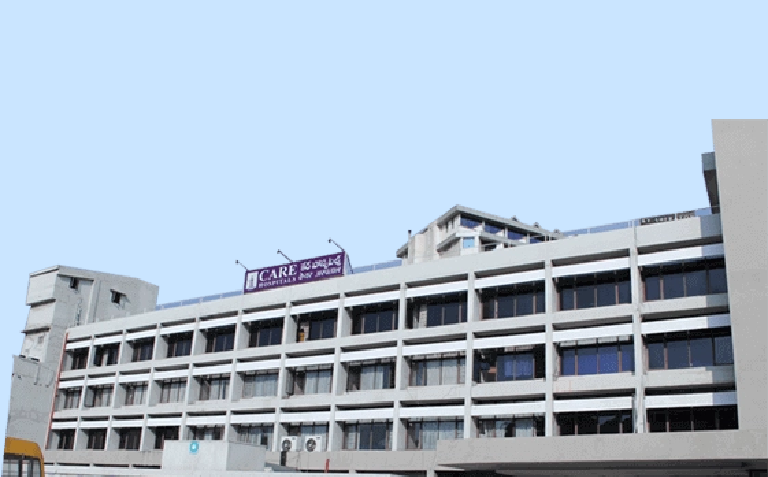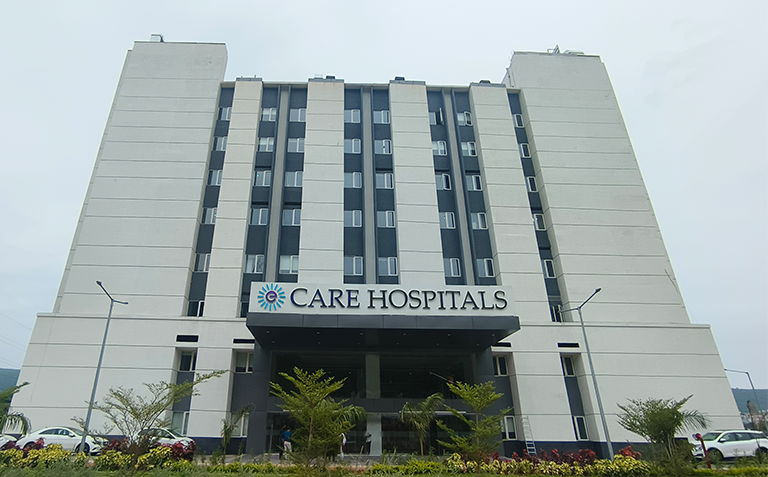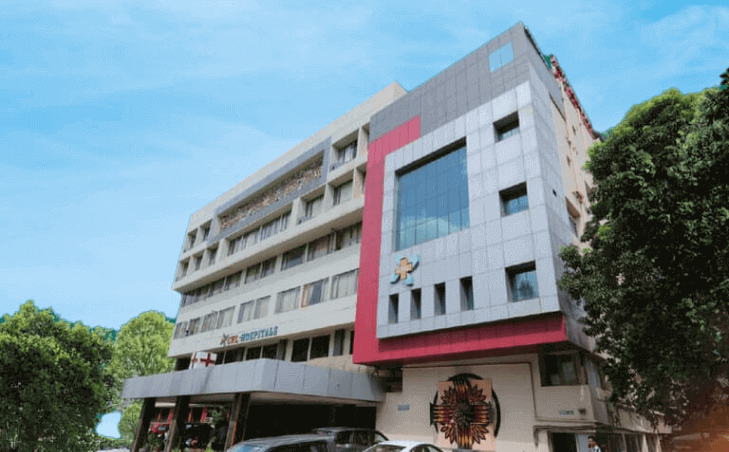-
Doctors
-
Specialities & Treatments
Centre of Excellence
Specialties
Treatments and Procedures
Hospitals & Directions HyderabadCARE Hospitals, Banjara Hills CARE Outpatient Centre, Banjara Hills CARE Hospitals, HITEC City CARE Hospitals, Nampally Gurunanak CARE Hospitals, Musheerabad CARE Hospitals Outpatient Centre, HITEC City CARE Hospitals, Malakpet
HyderabadCARE Hospitals, Banjara Hills CARE Outpatient Centre, Banjara Hills CARE Hospitals, HITEC City CARE Hospitals, Nampally Gurunanak CARE Hospitals, Musheerabad CARE Hospitals Outpatient Centre, HITEC City CARE Hospitals, Malakpet Raipur
Raipur
 Bhubaneswar
Bhubaneswar Visakhapatnam
Visakhapatnam
 Nagpur
Nagpur
 Indore
Indore
 Chh. Sambhajinagar
Chh. SambhajinagarClinics & Medical Centers
Book an AppointmentContact Us
Online Lab Reports
Book an Appointment
Consult Super-Specialist Doctors at CARE Hospitals

Radiation Oncology
Radiation Oncology
Radiation oncology in Hyderabad
Radiation oncology is the medical discipline dealing with the use of radiation to treat cancer. Radiotherapy is one of the most common treatments available for cancer which uses different types of X-rays and high-energy beams to target cancerous cells and destroy them. Radiotherapy may be used alone or may complement another type of treatment such as chemotherapy and surgery.
Malignant cancer may spread fast from one part of the body to another. When radiation is directed on the cancerous cells, it breaks the DNA inside the cell. This ensures that the cell cannot divide and spread any further, and dies instead.
What happens in radiation therapy?
Radiation therapy is a targeted treatment. While chemotherapy exposes the whole body to side effects, radiation can be focused on a specific area of the body. This minimizes the destruction of healthy cells and reduces side effects. Radiation is used along with other types of treatments when the cancer cells cannot be removed completely. The decision for radiation therapy is taken by the treating oncologist and a consulting radiation oncologist depending on the type of cancer, the extent of spread of cancer, and the overall health condition of the patient.
Two types of radiation therapy can be administered-
External-beam Radiation Therapy
External-beam radiation therapy is the radiation treatment done from the outside of the body targeted only on the tumor. This is the most common type of radiation therapy treatment. Typically, five sessions per week may be scheduled for a patient with each session lasting for about 15 minutes.
This treatment targets only the tumor but may affect some healthy cells around the tumor as well. While most people may not experience pain during the treatment, side effects may start showing up over time. Some of the equipment used during external-beam radiation therapy are:
-
X-ray machines.
-
Proton beam machines.
-
Cobalt-60 machines.
-
Neutron beam machines.
-
Linear accelerator.
-
Gamma knife.
The advantage of this therapy is that the beams are focused on the tumor from all sides which ensures that the tumor is destroyed. Using a Gamma knife on brain tumors one can target only the tumor without destroying the surrounding healthy cells.
Internal Radiation Therapy
Internal radiation therapy is also known as brachytherapy. In this type of radiation therapy, the source of radiation is placed at a close range of the tumor and destroys it. It is very much helpful in treating tumors of the eyes, neck, cervix, vagina, and rectum.
An applicator may be used to deliver radiation therapy. The applicator is a metal or plastic device inserted internally and can be suitable for use in body cavities. Radiation therapy may also be administered intravenously using small molecules with radioactive particles attached to them. During internal radiation therapy, the treating oncologist may be continuously monitoring the patient to look out for any radioactive particles remaining in the body after the treatment is over.
What are the radiation therapy treatments available?
CARE hospitals provide state-of-the-art radiotherapy treatment for patients following international standards and protocols. A wide range of conventional as well as high precise Radiation facilities and techniques are available. Treatment plans are decided upon a few factors such as the age of the patient, type of cancer as well as its spread and stage, the patient's health, and his ability to tolerate potential side effects of radiation therapy.
Side effects of radiation therapy
Radiation therapy is targeted to one part of the body which causes side effects only on the parts where the radiation is subjected to. Therefore, a patient with cervical cancer may not lose hair on the head. There are a few common side effects of radiation therapy which include:
-
Skin changes- Patients receiving radiation therapy may experience dryness, itching, blistering, or peeling of the skin at the site of radiation. These side effects usually go away a few weeks after the end of treatment.
-
Fatigue- This is the most common side effect of cancer treatment and may depend upon the type of treatment given. If both chemotherapy and radiation therapy are applied, a patient may experience more fatigue than a standalone treatment.
Some area-specific side effects of radiation therapy are:
-
Head and neck- dry mouth, sores in mouth and gums, jaw stiffness, nausea, hair loss, tooth decay, and swallowing difficulties.
-
Chest- shortness of breath, shoulder stiffness, nipple and breast soreness, cough and fever, swallowing difficulties, and radiation fibrosis.
-
Stomach and abdomen- nausea and vomiting, loss of appetite, bowel cramps, irregular bowel movements.
-
Pelvis- irregular bowel movements, incontinence, rectal bleeding, bladder irritation, erectile dysfunction, low sperm count, changes in menstruation, infertility.
Why choose CARE hospitals?
At CARE Hospitals, we offer a wide variety of diagnostic radiology services and interventional procedures using state-of-the-art technology and modern equipment. Our multidisciplinary team consisting of radiologists, oncologists, expert technologists, and oncology nurses provides the best possible service and end-to-end care ranging from diagnosis to post-therapy care. We have several dedicated staff for the diagnostic and therapeutic services to provide support to our patients at one of the best radiation oncology hospitals in Hyderabad.
Our Locations
CARE Hospitals, a part of the Evercare Group, brings international quality healthcare to serve patients across the world. With 17 healthcare facilities serving 7 cities across 6 states in India, we are counted among the top 5 pan-Indian hospital chains.
-
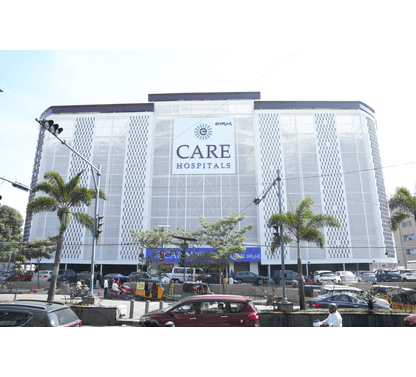
CARE Hospitals, Banjara Hills, Hyderabad
Road No.1, Banjara Hills, Hyderabad, Telangana - 500034
-
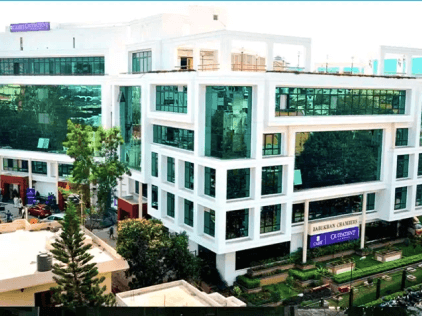
CARE Hospitals Outpatient Centre, Banjara Hills, Hyderabad
BabuKhan Chambers, Road No.10, Banjara Hills, Hyderabad, Telangana - 500034
-
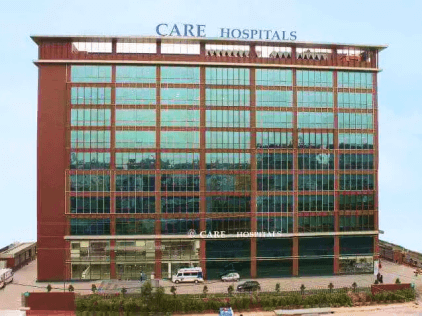
CARE Hospitals, HITEC City, Hyderabad
Old Mumbai Highway, Near Cyberabad Police Commissionerate, Jayabheri Pine Valley, HITEC City, Hyderabad, Telangana - 500032
-
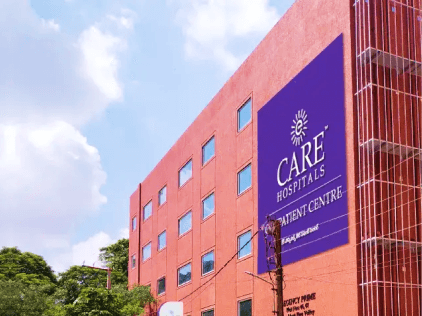
CARE Hospitals Outpatient Centre, HITEC City, Hyderabad
Jayabheri Pine Valley, Old Mumbai Highway, Near Cyberabad Police Commissionerate HITEC City, Hyderabad, Telangana - 500032
-
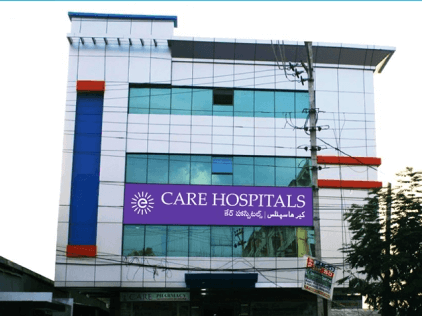
Gurunanak CARE Hospitals, Musheerabad, Hyderabad
1-4-908/7/1, Near Raja Deluxe Theatre, Bakaram, Musheerabad, Hyderabad, Telangana – 500020
-
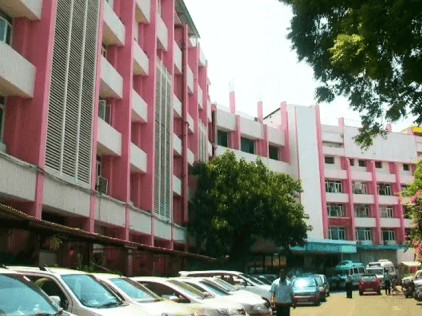
CARE Hospitals, Nampally, Hyderabad
Exhibition Grounds Road, Nampally, Hyderabad, Telangana – 500001
-
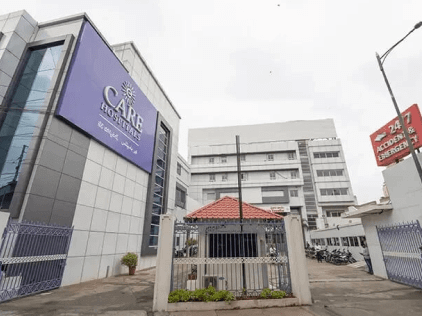
CARE Hospitals, Malakpet, Hyderabad
16-6-104 to 109, Old Kamal Theater Complex Chaderghat Road, Opp Niagara Hotel, Chaderghat, Hyderabad, Telangana - 500024
-
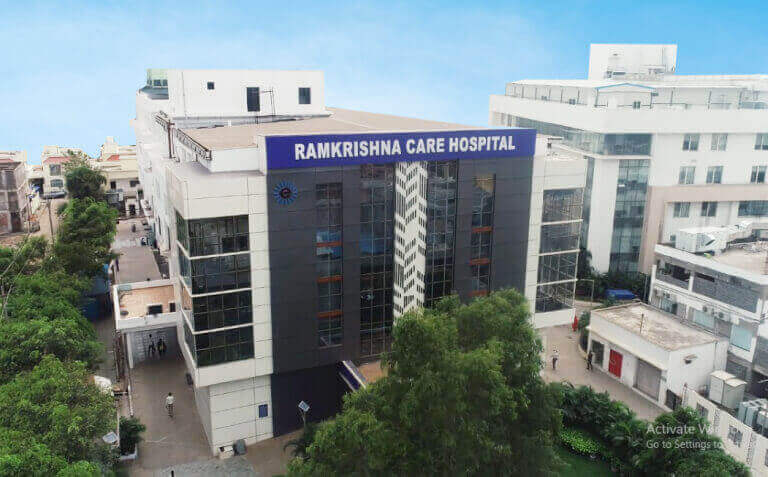
Ramkrishna CARE Hospitals, Raipur
Aurobindo Enclave, Pachpedhi Naka, Dhamtari Road, Raipur, Chhattisgarh - 492001
-
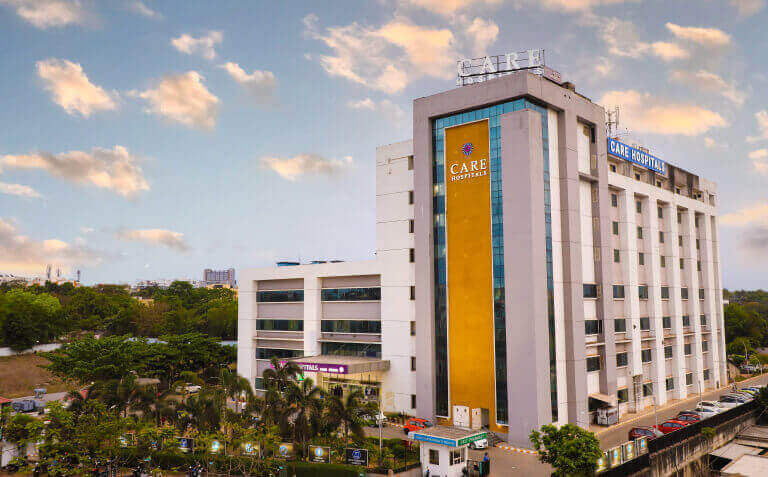
CARE Hospitals, Bhubaneswar
Unit No.42, Plot No. 324, Prachi Enclave Rd, Rail Vihar, Chandrasekharpur, Bhubaneswar, Odisha - 751016
-
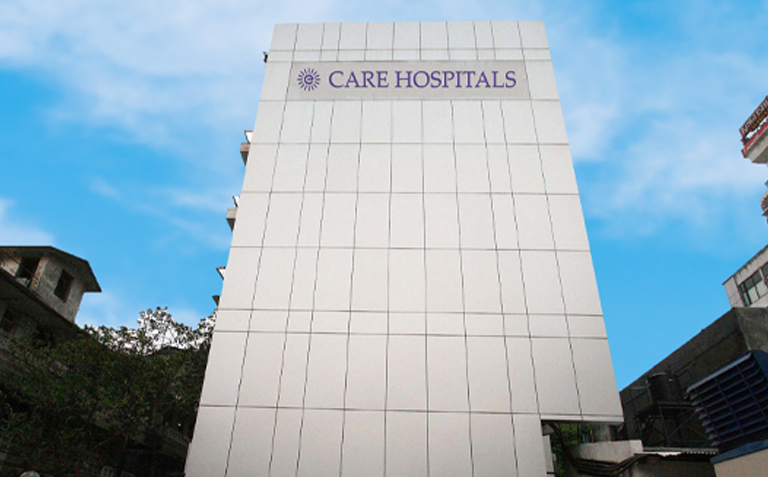
Ganga CARE Hospital Limited, Nagpur
3 Farmland, Panchsheel Square, Wardha Road, Nagpur, Maharashtra – 440012
-
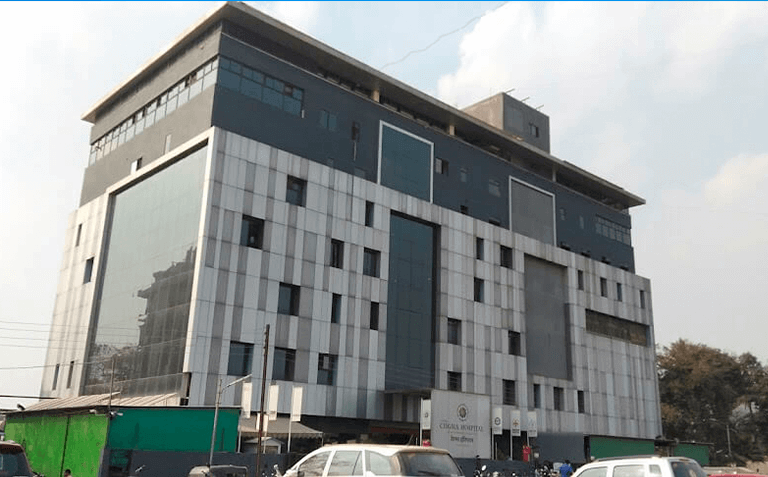
United CIIGMA Hospitals (A unit of CARE Hospitals), Chh. Sambhajinagar
Plot no 6, 7, Darga Rd, Shahnoorwadi, Chh. Sambhajinagar, Maharashtra 431005
-
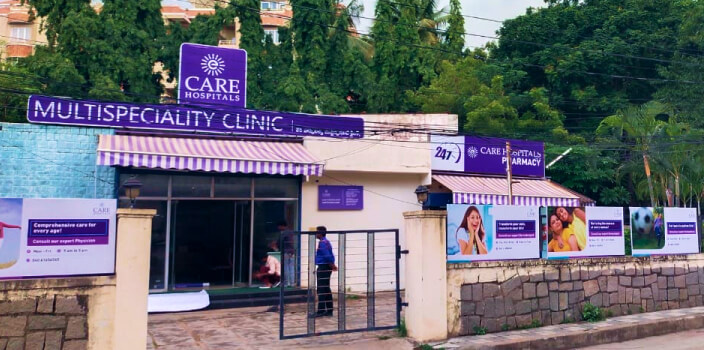
CARE Multispeciality Clinic, Srinagar Colony, Hyderabad
8-3-1101/1, Care Clinic, Plot No 105 A, Srinagar Colony Main Rd, Beside MCH Park, Venkateshwara Hills, Banjara Hills, Hyderabad, Telangana 500073
-
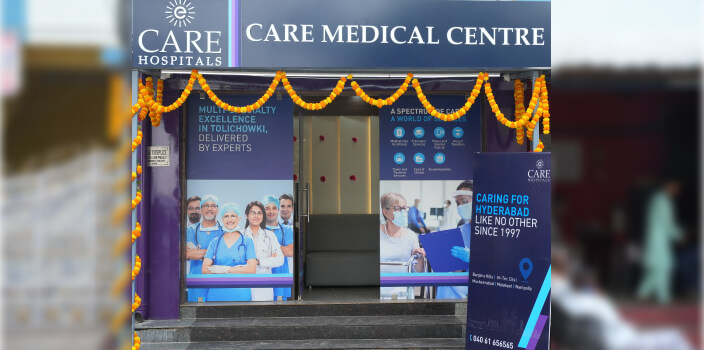
CARE Medical Center, Tolichowki, Hyderabad
366/B/51, Paramount Hills, IAS Colony, Tolichowki, Hyderabad, Telangana 500008
Doctor Videos
-
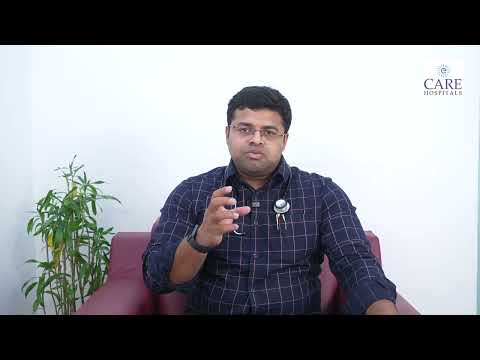

Difference Between IMRT and IGRT | Dr. Sarath Chandra Reddy
-
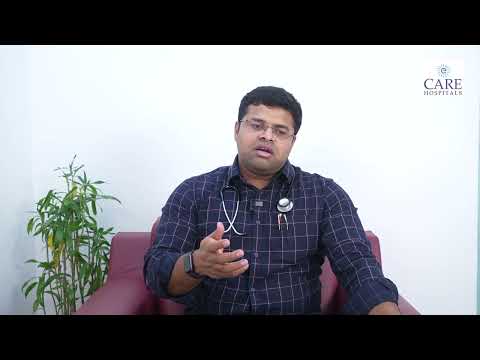

What is Stereotactic Radiosurgery? | Dr. Sarath Chandra Reddy | CARE Hospitals
-
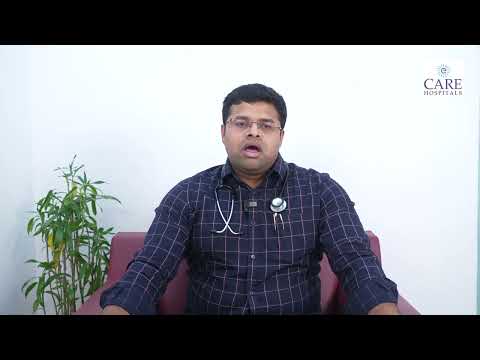

Treatment of Cervical Cancer (Carcinoma Cervix) | How is Cervical Cancer Treated?
-


What is Radiation Therapy? | Dr. Sarath Chandra Reddy | CARE Hospitals
-
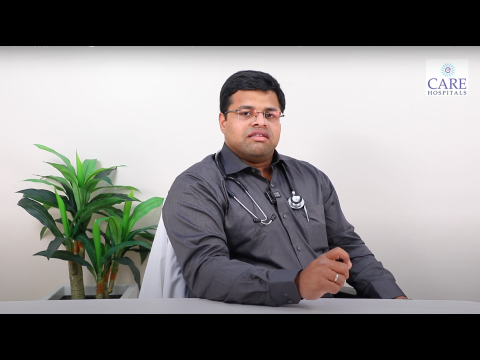

ప్రోస్టేట్ క్యాన్సర్ - ఎలా గుర్తించాలి మరియు దాని చికిత్స విధానం| డా. శరత్ చంద్ర రెడ్డి
-
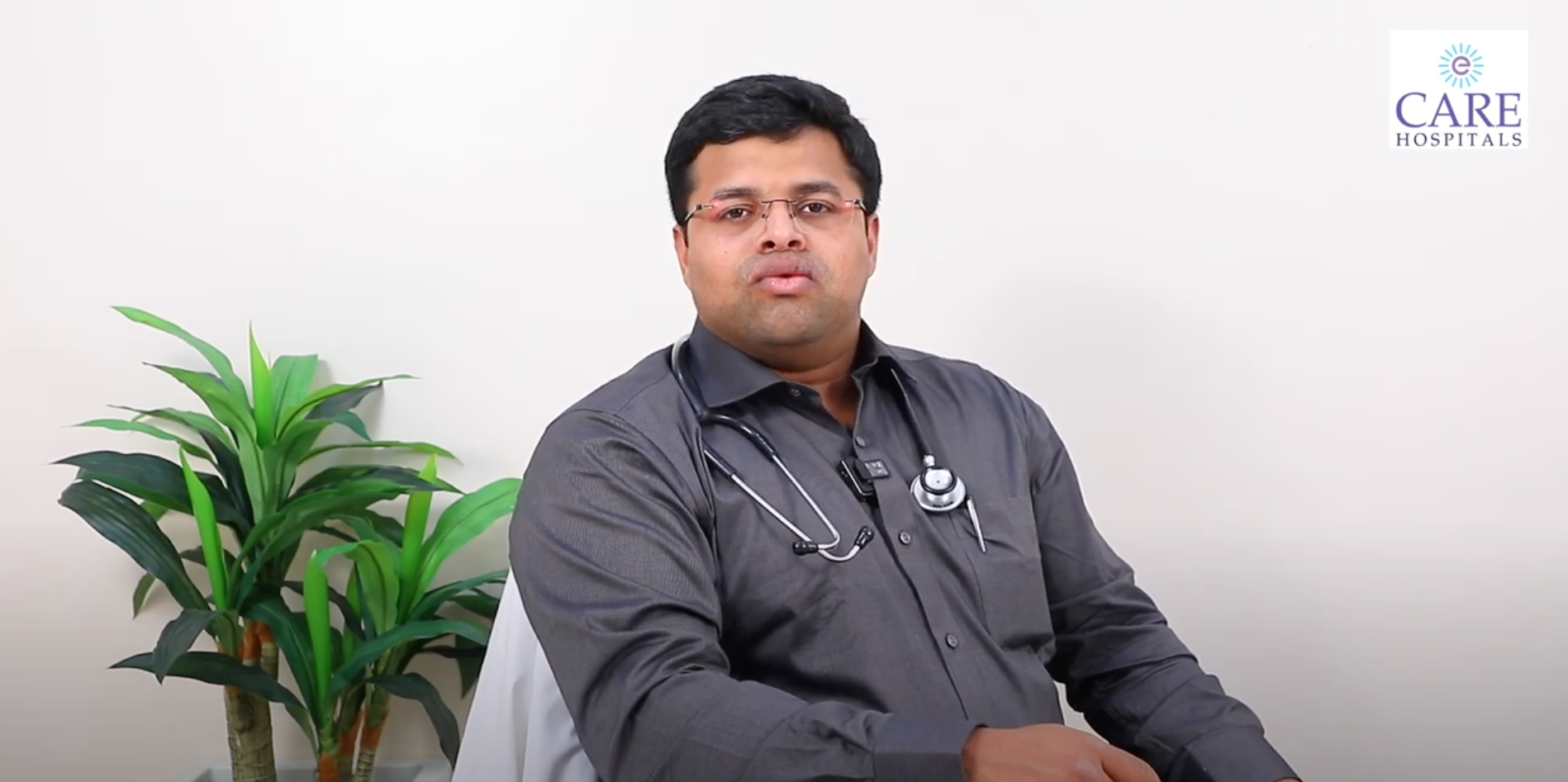

గొంతు క్యాన్సర్ - చికిత్స | డా. శరత్ చంద్ర రెడ్డి | కేర్ హాస్పిటల్స్ హైటెక్ సిటీ
-


స్టీరియోటాక్టిక్ రేడియో సర్జరీ (SRS) | డా. శరత్ చంద్ర రెడ్డి | కేర్ హాస్పిటల్స్ హైటెక్ సిటీ
-


Recent Developments in the Treatment of Cancer | World Cancer Day | Dr Sarath Chandra Reddy
Still Have a Question?





